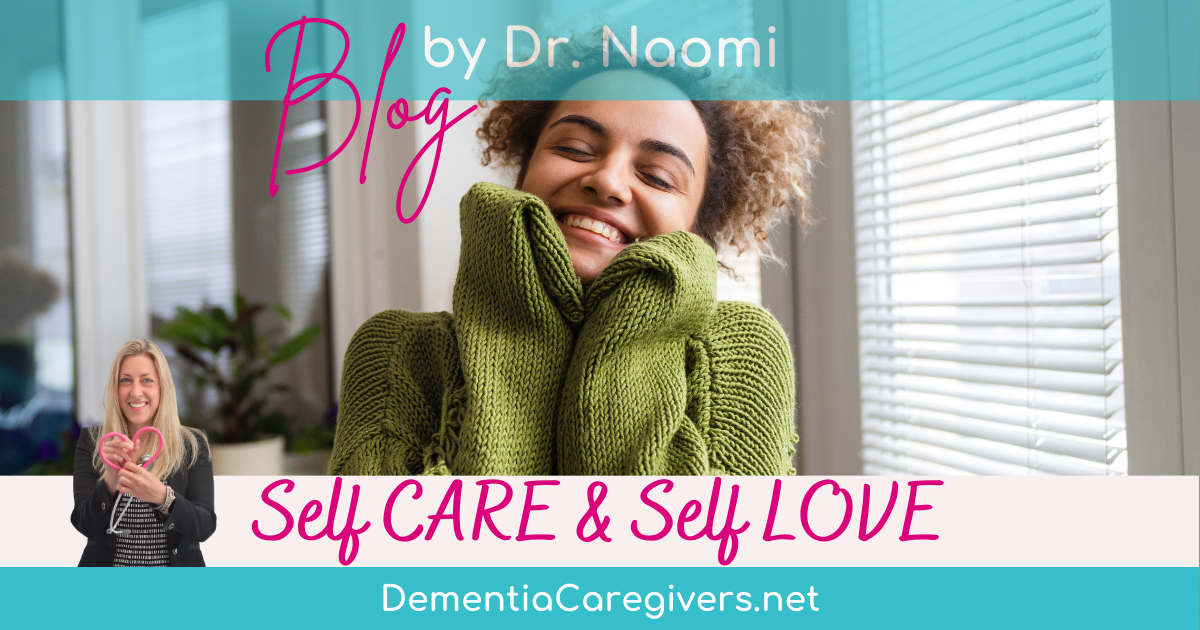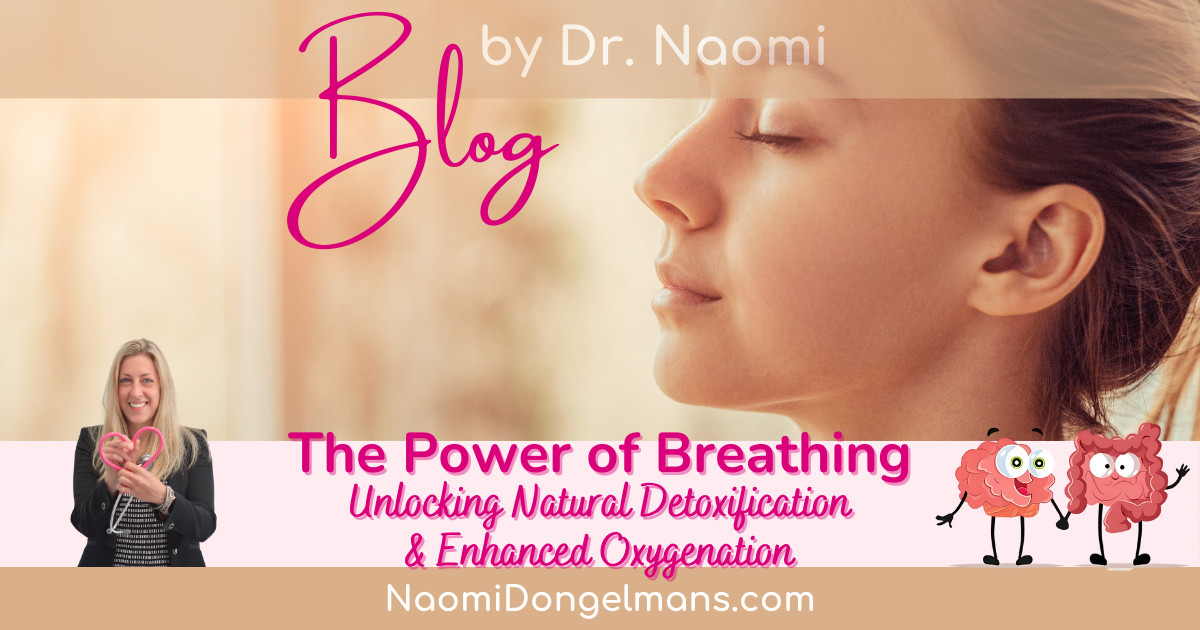
Do you love yourself? And what exactly is self-love?
Self-love is not something static. It's a developing capacity to be truthful and sympathetic to yourself. And then this gift may be shared with the world only when you are filled with love for who you are.
A lifetime of self-discovery and self-acceptance is required to be authentic to oneself. While acknowledging our flaws, we use our unique strengths to achieve a better future.
Marriage vows frequently include the well-known phrase, "I take you to be my lawfully wedded wife/husband, to have and to hold from this day forward, for better or for worse, for riches or poverty, in sickness and health: from this day forward." Because of this, this promise takes into consideration the fact that life is a voyage filled with a variety of emotions. When we love ourselves, we can commit to ourselves that we will not give up even when things become tough.
You must cultivate a really happy, meaningful, and rewarding connection with yourself regularly to practice self-love. When you love yourself, you don't get a flawless existence, endless bliss, or the creation of an admirable human figure. When it comes to self-love, the capacity to feel compassion for oneself no matter what happens in your life is what matters.
Why is self-love important?
When everything seems to be going downhill, how can we access our deepest feelings of compassion and love? Taking care of your basic needs, such as getting enough sleep, food, and exercise, is an important element of self-care. Having a massage, lighting candles, or taking a bubble bath are basic examples of self-love. Self-love, on the other hand, is a far more expansive concept.
When we behave out of fear, because we think we "should," or because we want to exert control, our wounded self takes over. Rather than self-love, this form of action is more a matter of self-preservation. Stopping, taking a deep conscious breath, and moving beyond the habitual response is a self-love practice. To reconnect with our true selves, beyond our scars and automatic reactions, we must return to the centre via the act of breathing.
Self-love is the capacity to listen to our intuition, follow our heart's voice, and communicate our real sentiments. Self-love is a constant awareness of our own inner knowledge and the freedom to react to it by our wishes. It's about saying "no" to the things that make you unhappy and "yes" to the things that make you happy and fulfilled.
It's important to practice self-love by putting your attention and energy into activities that make you feel good about yourself, awaken your senses, and enable life to flow through your body. Your body and senses are reconnected when you practice self-love. Compassionate self-awareness is the ability to recognise and respond to your own emotional and physical needs, as well as the needs of your body, mind, and spirit.

So what is the difference between selfishness and self-love?
I've found that drawing a connection between caring for oneself from a kid's perspective and caring for oneself from the perspective of a loving and supporting parent has helped me in my numerous explanation efforts. As a starting point, I'd want you to imagine an ideal parent model, one who is a psychologically aware, mature, and loving human who can provide a kid with unconditional love and good limits.
In this example, selfishness is like a child's concept of meeting his or her wants. It is common for a child's understanding of his long-term requirements to be insufficiently developed, resulting in confusion between what he wants and what is best for him. As an example, he may wish to consume the equivalent of half a kilogram of ice cream. If that were the case, it would just address his desire but not his real health and well-being. Another example would be a child of five or six years old who steals a friend's toy but then refuses to return it because he's become attached to it. In the short term, this child may get what he wants, but if he keeps acting in this manner, he risks losing his peers. It's fulfilling his need but at the cost of others' feelings.
Careful parents who are aware of their children's needs may have to say no to their children from time to time in order to protect their child's physical or mental health. We as adults need to do that for ourselves too.
A child's developmental requirements, problems, and aspirations would be considered before imposing this limitation. It would also include an acknowledgement and an explanation so that the child can comprehend. If a parent had to discipline a child for misbehaviour, she/he would make it plain that the behaviour is the one that is "wrong" and not the child. So that the child knows his or her parents' love will always be there and that making errors is OK since this is how we learn, punishment must always be followed by forgiveness. On the other hand, making mistakes does not characterise anybody as flawed; rather, it serves to illuminate the areas in which we still have work to do. Learning the differences between what we want, what we need, what is good for us, self-loving and caring and what is selfish is ongoing learning.
Parenting in this manner helps to support the children's sense of self-worth. It creates a loving atmosphere where the children are free to grow as individuals, gradually acquiring an understanding of their own needs, the needs of others, and how these two sets of needs interrelate. One thing can be said for little ones however and that is that they always want to attend to their needs and we can in a way learn from this. As adults, we tend to ignore those things which we feel we need. It's just how to go about getting our needs fulfilled carefully and with kindness.
Basic learning is that we can need something for our self-love without hurting another or ourselves. We are not being selfish nor denying ourselves or others when we just give ourselves the care and love we need. It does not affect others therefore we can accept that self-love and care are important and kind to all. Selfishness is concentrating purely on your own win, advantage, pleasure or well-being. You don't care about what other people might think or feel. This is very different to self-love and self-care so please do not think you are being selfish by needing and giving yourself time and love and care.
Self-care ideas to do
Whether you're at home or on the road, there are various methods to take care of yourself. I've compiled a list of ten below. If you want to have a successful week, try implementing three of the tips from this list each day. Take a moment to think about how it impacts your interactions with others. You may be surprised to learn that taking care of yourself and allowing yourself to be pampered really allows you to serve others by being YOU. It's also likely that it may broaden your worldview and open up new horizons for your travels.
Ideas for Self-Care
Here are ten strategies to do for self-care.
- Make your thoughts known.
Get them out of your head. Share your successes and failures with someone you can rely on. When you talk about your feelings, you have the power to alter them.
- Allow yourself some time to have fun.
Any action that lifts your spirits is considered a kind of play. You not only need it, but you also deserve it to maintain a healthy state of mind.
- Avoid putting yourself in a position where you feel inferior to others.
This kind of jealousy causes Self-disgust. Do not compare yourself to others. If you appreciate a person, use them as a guide to help you grow.
- Learn to say "no" more often.
Your self-esteem will rise as you can say "no" more confidently. You'll feel great and energized as a result of your decision to say yes to others.
- Exercise.
Take a stroll in the neighbourhood. Take a ride on a bicycle. The stairs are the best way to go to your destination. You don't have to spend a fortune on a gym to work out. When you're feeling down, nothing beats doing some exercise to lift your spirits.
- Remember that you are only a human being trying your best.
Don't allow people to elevate you to a position of prominence. When this occurs, individuals have high expectations of you and become dissatisfied when you fall short of their expectations.
- Don't forget to laugh at yourself and everything else, too.
Give it a go! In terms of cost and efficacy, it is the best treatment for life.
- Become a person who encourages and inspires others.
Look for two persons you can assist out today in this manner. This will not only make you feel great, but it will also boost your self-confidence a notch or two.
- Make time for yourself by taking up a new interest.
Describe a want you've had for a long time yet have never been able to fulfil. There are many possibilities, from oil painting to studying a new language to flying an airplane. The ability to release your creative side is essential if you want to live life to the fullest.
- Make time for your spirituality.
Slow down a little. Sit still for a while. Allow yourself to be aware of your ideas, but don't dwell on them. Keep your cool. Don't be afraid to pursue your own spiritual path if established religion doesn't work for you.
Taking care of oneself gives you a sense of strength. As soon as you incorporate any kind of healthy habit into your daily routine, you're taking control of your own destiny. If you don't realize the significance of your own needs, who will?

Self-love ideas to do
Here are seven strategies to learn to love yourself more.
- Introduce 'reasonable' affirmations into the mix.
Being rational in our self-talk allows us to state something like "I am taking positive steps every day" or "I am advancing towards my objectives and feeling good about myself," rather than "I am gorgeous/beautiful/perfect." Repeat a good phrase that resonates with you regularly. Using this technique may shift your perspective and undo years of negative training.
- Focus on what you're good at.
Even with a hectic schedule, it's important to make time for the things you're excellent at so that you can see your own abilities. Self-love and self-esteem may be boosted by anything from playing sports to creating a cake to helping someone out.
- Encourage people to express their gratitude for your efforts.
When people indicate that they appreciate you, your aid, or the ways you've helped their life, your self-love may benefit. Recognise the importance of bringing their attention to your endeavours so that they might learn to appreciate you for your efforts.
- When receiving compliments, do so graciously.
There are a lot of us who feel embarrassed or uncomfortable when others give us praise or praise on something we have done well. Instead of dismissing it, give a genuine grin and take it all in. Everyone involved benefits as a result.
- Deal with overload by breaking difficult activities into manageable pieces.
Our self-esteem might suffer when we're overwhelmed or don't know where to begin. Consider whether or if perfectionism or fear are contributing factors to your current state of mind, and if so, take steps to resolve them. I plan my week and day. And I tick of the things I did do. If you think "I didn't do anything today" just look at your list and be surprised how much you've accomplished.
- Assemble a group.
Even children at home may be delegated. Let your kids help out around the house with tasks like setting the table or doing the laundry to feel like they have a sense of responsibility. Encourage skill development in the workplace; you never know when it may lead to better solutions. Consider the possibility of employing assistance in areas such as your social media and/or PR/marketing accounts. We still know you can do everything by yourself :) don't worry. But then, when you do the jobs for which you are best suited, you may have a sense of self-love.
- Master the art of saying "no."
If you use it correctly, the word "no" might be the most positive in your vocabulary. Without it, you run the risk of exhausting yourself, becoming resentful, and being too anxious.
- Ask for assistance.
Do you expect others to be clairvoyant and know what you're thinking, what you're feeling, and what you need? Be kind to yourself and express your needs to others. Listening is an important part of effective communication. Let your connections grow and flourish if you want them to.
- Give yourself a break.
Stress management and self-esteem development need regular breaks. Consider the times of day that cause your body to get overworked so that you can take a break before this happens. Get some fresh air and exercise, eat some fruit, read a book, or listen to music. Make an appointment for yourself on your calendar as you would for a high-value customer, and stick to it!
- Learn to say "yes" at times, as well as "no."
To love yourself, you must be willing to take risks and be a bit scared along the way. Often, when we say yes to apparently unattainable changes, doors begin to open in favour of those scenarios. Keep a 'happy' or success journal and write down all the little victories that you have achieved in your life. If you keep a journal, you'll be able to rely on it when things get tough.
Every aspect of your life is included when you practice self-love
The tree will withstand the storms that come its way if it has robust roots. As a result, your self-image will be vivid, joyful, and eager to burst out of the confines of its frame when you gaze in the mirror.


















0 Comments